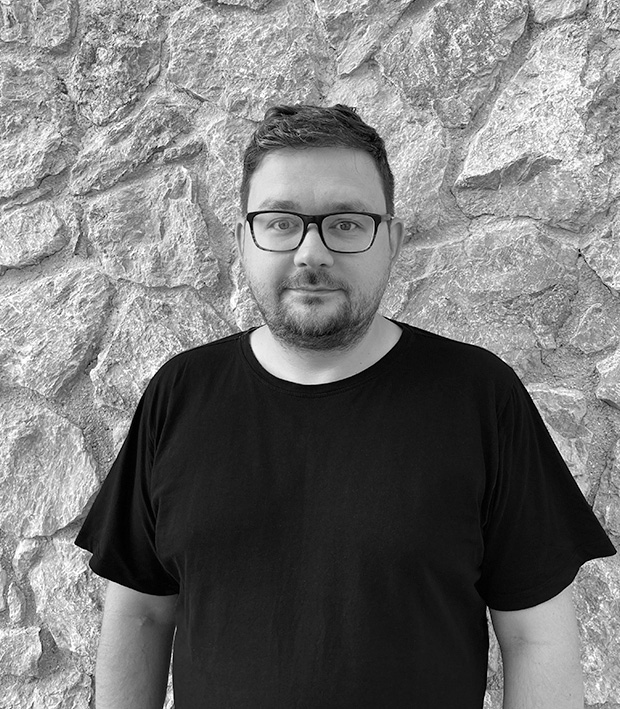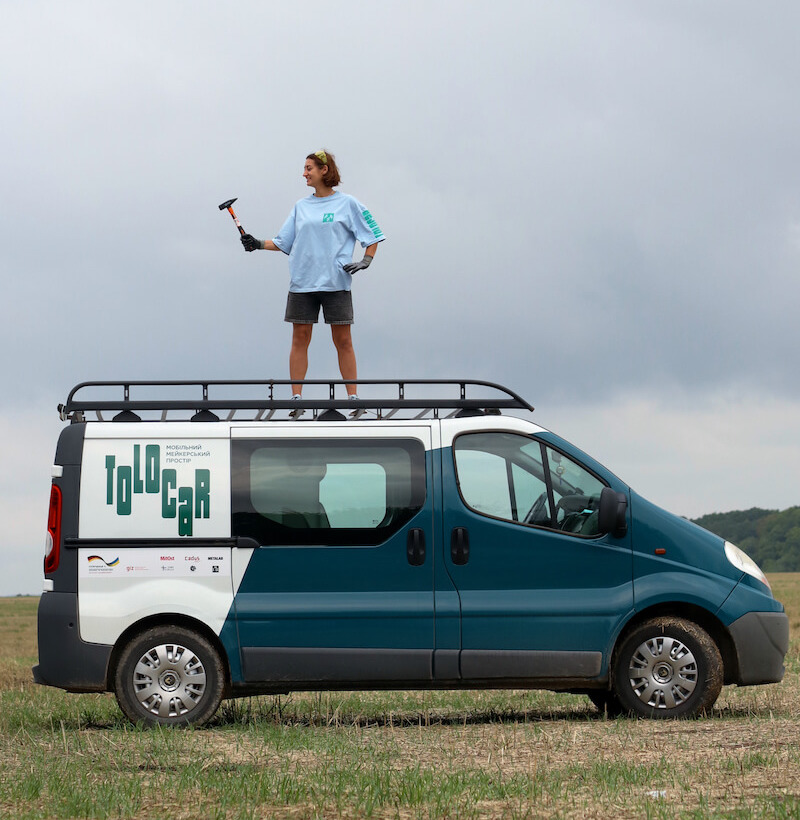From the ECHN Creative Hubs Series
IZONE is a creative community aiming at providing remote areas in Ukraine with inclusive and participative cultural spaces. The story of IZONE begins in 2010 with the establishment of a Foundation in Donetsk, East of Ukraine.
 "In 2010, despite the lack of interest from the local authorities, our founder decided to invest in the project", explains Mykhailo Glubokyi, Development Director of the IZONE - Izolyatsia Foundation.
"In 2010, despite the lack of interest from the local authorities, our founder decided to invest in the project", explains Mykhailo Glubokyi, Development Director of the IZONE - Izolyatsia Foundation.
From offering an alternative to the youth of Donetsk to starting from scratch in Kyiv
The Foundation initiated activities in 2011. At the time, it was the only independent cultural institution in region offering a large enough range of activities to be considered a hub, while there was no community of active locals going to events.
In 2012, their first FabLab was launched, aiming to build an inclusive and participative space, with an economic impact on the declining industrial city. As Mykhailo said:
"Local authorities were not interested in anything else other than coal mining and metal factories. We wanted to provide an alternative".
By 2013, IZONE already had three exhibition venues, a cinema, a FabLab, residencies and collaborations with many artists, involving local organisations as well as international institutions such as Dutch organisations and the British Council.
In 2014, their building was seized by Russians when they took over the city. "Unfortunately, this territory is still right now used as an illegal prison. This is a huge transformation, from a factory to a creative hub to a horrible torture place". Having lost the space, the Foundation moved to Kyiv and had to start from scratch and find another funding strategy, because as Mykhailo said:
Our founder used to be a businesswoman in Donetsk, but her factories were stolen by the Russians.
The Foundation received support for consultations from the European Union and collaborated with an advisor from the Ministry of Culture.
Becoming Mobile to reach Ukraine's remote areas
During 2018-2019 IZONE extended their decentralization efforts through buying a bus and transforming it into a mobile cultural space. They took most of the bus seats out and installed a system to hang pictures, projectors, sound systems, screens, tables and started to travel around the country. In collaboration with local cultural organisations, the bus visited around 30 cities in one season, then travels were postponed due to COVID19.
Establishing a new creative hub in Soledar
After the bus, IZONE decided to move works to Soledar, a small city in eastern Ukraine. "This actually involved developing new economic models for the city of Soledar", said Mykhailo. He added: "At the end of 2021, we were awarded a 1.000.000 euro grant from the European Commission to reconstruct the local house of culture and design a program within it". IZONE aimed at having a council to represent the locals. They had designed a three-year programme aiming at local's empowerment and capacity builiding on cultural and financial management. As Mykhailo said, "This was never implemented because this house of culture was destroyed by missiles in the spring".
Combining cultural support, humanitarian work and cultural diplomacy
"Last year, we contacted the EU Commission and they allowed us to change the grant into a humanitarian aid programme", said Mykhailo. They focused on working with people who were forced to move because their homes were occupied, finding shelter and transportation for approximately 5% of all the shelters in Ukraine.
IZONE also negotiated to use a part of the grant to support 50 cultural projects that would help displaced people. As Mykhailo said:
"The national cultural foundation of Ukraine lost its funding, as it was inevitably moved to the Ministry of Defence when the war started, so we became one of the biggest funding organisations".
He added: "What we are doing is that we act as official representatives of territorial communities in Ukraine for official requests to the European community for governmental bodies".
They also work on European collaborations to accommodate Ukrainian professional creatives abroad in the context of a Creative Europe agreement. As Mykhailo added: "We went into international cultural diplomacy, in order to support projects abroad".
Spotlight Practice: Mobile Labs
Mobile FabLabs, are FabLabs installed inside trucks aiming at helping people in small communities. Apart from supporting war-refugees, the idea is scalable to support any smaller communities anywhere, which might feel disconnected.
--
The article was first published at Creativehubs.net/ where you can read the full interview of Mykhailo Glubokyi









 "In 2010, despite the lack of interest from the local authorities, our founder decided to invest in the project", explains Mykhailo Glubokyi, Development Director of the IZONE - Izolyatsia Foundation.
"In 2010, despite the lack of interest from the local authorities, our founder decided to invest in the project", explains Mykhailo Glubokyi, Development Director of the IZONE - Izolyatsia Foundation.